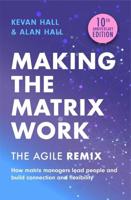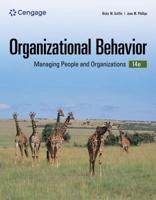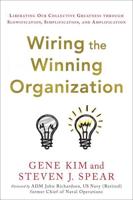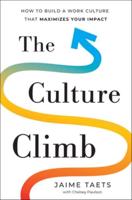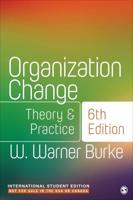Publisher's Synopsis
There is a growing interest in exploring the complexities of stigmatized or dirty work(ers) in organization studies. Dirty work (Hughes, 1958) refers to occupations or tasks that are perceived to be degrading or disgusting in some way; physically, socially, morally (Ashforth and Kreiner, 1999) or emotionally tainted (McMurray and Ward, 2014; Rivera, forthcoming). The taint associated with the work is often transferred to the individuals performing the work (dirty workers) (Ashforth and Kreiner, 1999) and even to the organizations through which the work is provided (Grandy and Mavin, 2012). A diverse range of occupations can be considered dirty work (e.g., garbage collectors, funeral directors, fire fighters, dentists, exotic dancers, bill collectors). Kreiner et al. (2006) go further to argue that all occupations can be considered dirty to some extent, based upon the breath and depth of stigma associated with occupational tasks. The re-construction of work (or those performing the work) as dirty is subjective; the extent to which a job may be considered dirty is context-specific in that it may not be considered dirty in all places for all people and the perception of it as stigmatized may change over time (Adams, 2012; Dick, 2005). Despite the various streams of research and dirty work sites that have been explored to date, there is still much to understand about the experiences of dirty work(ers) for management and organization studies and dirty work research. This e-book advances our understanding of dirty work in a number of ways and brings together innovative and robust qualitative papers that critically address empirical, methodological, theoretical and practical issues surrounding dirty work(ers) and those who study dirty work.





